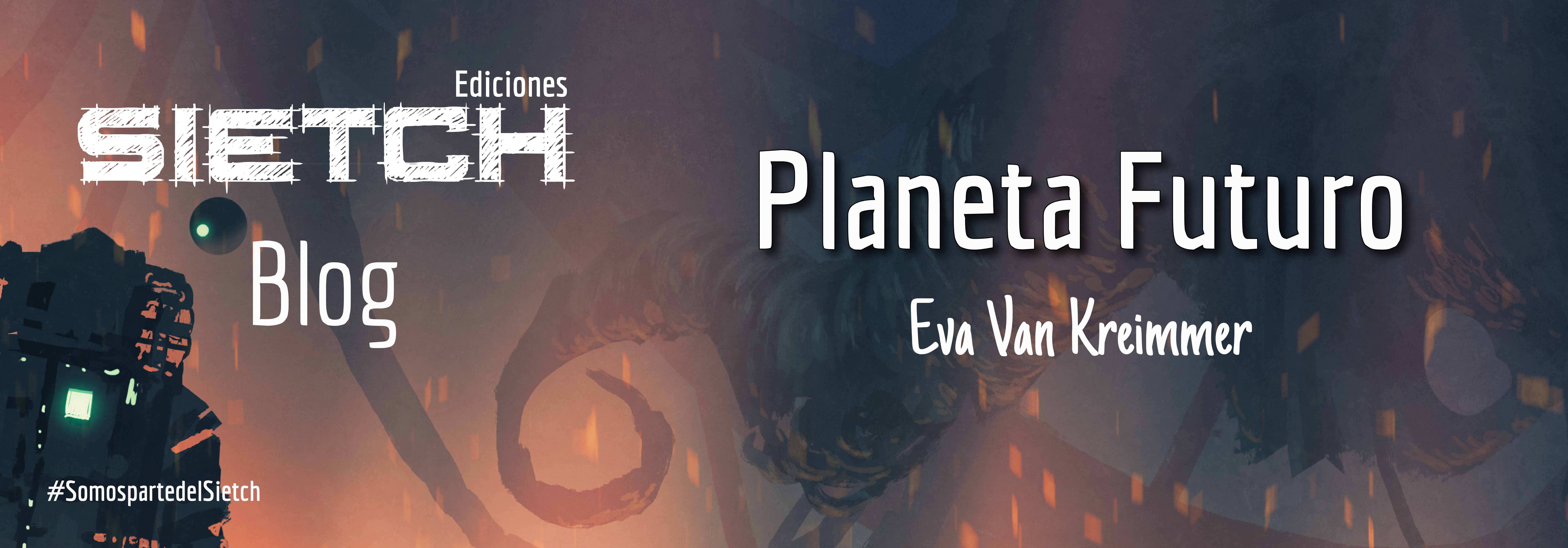
Within the many facets of science fiction, the one that predicts our future as a human species always shines brightly, instilling in fans a certain anxiety about a destiny that seems ever closer to being realized. From this emerge two strands, familiar to all fans of this world. The first raises the possibility of leaving our planet and colonizing new worlds, or at least visiting them to acquire new resources and enrich ourselves with the experience of living in other spaces, as well as meeting the beings that inhabit them. On the other hand, we have the possibility of remaining on Earth and facing everything that entails.
These completely opposing perspectives are seen as complementary in some works. This is the case in " The Three Stigmata of Palmer Eldritch" by the American writer Philip K. Dick, where we can observe a terrestrial reality that is almost uninhabitable due to the high temperatures of the atmosphere and a constant flow of space travel to aphrodisiac extra-planetary resorts affordable only for the most privileged. However, for the development of this article, we will proceed to analyze them as independent aspects in order to better appreciate the consequences they propose for the future of humanity.
Space travel and exploration are among the favorite themes in science fiction, and today, they have their real foundations since man landed on the moon, planted satellites, generated space photographs, created maps of nearby galaxies, and, more recently, established the visual appearance of a black hole. This approach offers us a promising future that takes man on the eternal journey of developing knowledge, and this tantalizing panorama is portrayed in numerous works of space opera. However, like our own universe, it remains an immense territory to be discovered.
On the other hand, the approach to staying on Earth is immediately more somber and less encouraging. It most often proposes a gradual destruction, whether by humans, the climate, or machines. It is established that remaining on Earth will sooner or later mean a modification of humanity as we know it, either through its partial or total destruction, or by being forced into a premature evolution that allows us to continue living. Ultimately, this approach offers us the choice of adapting or dying.
In recent decades, this idea has resonated deeply with fans of the genre, both writers and readers, and the need has arisen to prevent its destruction if we are to remain on this planet. Or, failing that, if we migrate, we must prevent the destruction of the planet we end up on. From this idea emerges the so-called ecofiction and climate fiction as speculative narrative currents that offer alternatives for environmental care or for actively engaging with the maintenance of ecosystems.
These works respond to a theoretical need inherent to science fiction, namely, to propose new viable futures for the human species, but at the same time, they respond to a practical need by calling attention to a generation that is living the consequences of a past that has exploited natural resources in favor of industrialization and capitalism, to such an extent that survival and the scarcity of basic elements such as water are a reality.
It's curious, but these currents, despite having exponents since the 1960s, are not generally widely known, perhaps because there are no film or television adaptations that have kept them in the collective imagination, as was the case with Star Wars or Star Trek, regarding space travel or The War of the Worlds and I, Robot, or even the Matrix franchise itself regarding futures within our Earth. Therefore, after introducing them to you, I would like to recommend some of the works in the Sietch catalog so you can discover them and judge for yourselves.
By registering at our shop, you will make more expedite the checkout process, you can add multiple shipping addresses, view and track your orders, and more. You can edit this text from: Themes > Theme Options > Blog